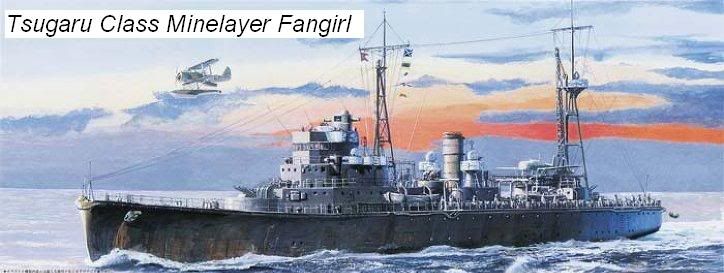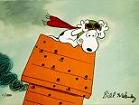fcharton
Posts: 1112
Joined: 10/4/2010
From: France
Status: offline

|
I play wargames for the fun of it, and believe "historical wargames" is an oxymoron.
No matter how detailed the design, rules, map, OOB, scenarios, all "historical" wargames are developped and played in hindsight. This is all the more true as games like this one tend to attract history and military buffs, who have a lot more knowledge (and therefore hindsight) than the average tabletop/computer game fan.
It gets even worse for games with a steep learning curve, as good players will not only know a lot about the history the game is supposed to model (eg, what proved good or bad ideas, what ended up being the decisive factor, whether the enemy could be taken head on at some point of time), but will also develop a lot of understanding of how the system works, as they learn how to play. Just think of the understanding you have of enemy capabilities and warfare (as modelled by the game system, it is only a model, remeber) as you restart your second or third game.
Finally, knowing that the "war" will last 1600 days, and may be shortened by a few hundreds (but not much more unless someone quits or blunders) is a very important factor. Why do people do Sir Robin? Because they know their time will come in 1944. Why do they fight for Palembang? Because in a war that is coded to last four years, oil eventually becomes the most crucial resource. Why do Japan embark on crazy pilot training programs? Because they'll need those guys in 45, as Allied production kicks off? Why do they accelerate their research/construction? Because they have a pretty good idea of enemy plane/ship availability schedule, together with the characteristics of those devices.
Now, is any one of the above remotely "historical"? I don't think so. Yet, that kind of questions are at the heart of most of our game strategies. In this respect, is it really less historical for this JFB to strat bomb China, or embark on a mad pilot training program, that for that AFB to try and defend Java or Sumatra at all cost, while abandoning Rangoon, HK or Singapore to their "obvious" fate?
In my opinion, it is not a matter of one side being advantaged, or a trade off between realism and play balance. It is just that wargaming can teach you hard facts about the eras and battles, it might give you a feel for warfare (provided the model is correct), but you can't expect it to allow you to "replay" history, or put yourself "in the shoes" of those who lived it.
Francois
|
 Printable Version
Printable Version




























 New Messages
New Messages No New Messages
No New Messages Hot Topic w/ New Messages
Hot Topic w/ New Messages Hot Topic w/o New Messages
Hot Topic w/o New Messages Locked w/ New Messages
Locked w/ New Messages Locked w/o New Messages
Locked w/o New Messages Post New Thread
Post New Thread